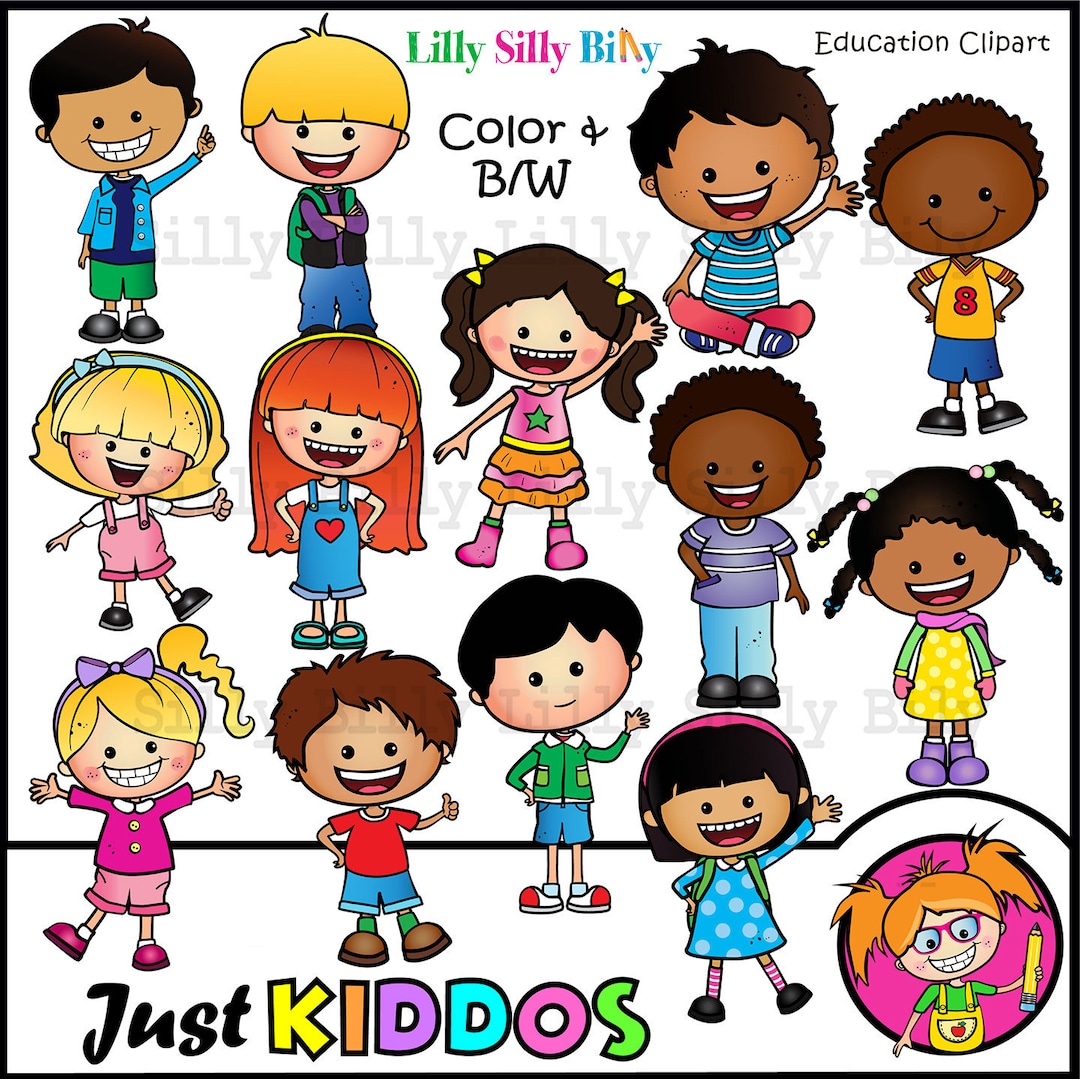Are we truly evolving, or are we simply rephrasing? The pervasive use of casual slang, particularly around sensitive topics like children, highlights a linguistic shift that raises questions about clarity and intent.
The digital landscape is often a mirror reflecting our societal trends. From the bustling social media feeds to the intimate corners of online communities, language is constantly being molded and reshaped. Consider the simple phrase, "Just Kiddos," a seemingly innocuous term that has found its way into various contexts. It appears in business descriptions, online forums, and even in the marketing of entertainment services. However, this casual usage also signals a broader trend: the casualization of communication and the potential for misinterpretation, especially when applied to children.
The term itself, "kiddo," once a familiar and often endearing way to address a child directly, is now often used by many as a generic term, sometimes even as a brand name. This is not a new phenomenon. Linguistic evolution is constant, but the rapid-fire pace of digital communication appears to accelerate this process, and this rapid adaptation creates both opportunities and challenges.
The article also talks about another example of this. As the article notes, Urban Sassafras offers a just kiddos class once a month. This adds another layer to the discussion because there are many companies that provide this service. The class provides art projects, games and snacks which will entertain the children.
But what happens when these phrases and concepts find themselves in the hands of those who might misunderstand their meaning or intention? It's a question that warrants careful consideration. In one instance, a social media user describes an experience where the phrase, "kiddos, kiddos, kiddos," became a source of discomfort. The individual's reaction, "Ran from the Patagonia gear and IPA hats. Ran home fast as we could before we screamed," suggests a feeling of being overwhelmed by this casual use of the term.
The content mentions that Jayco bunks have higher weight capacities, that are safe and ideal for adult friends and family.
| Feature | Details |
|---|---|
| Single Bunk Capacity | 300 lbs |
| Double Bunk Capacity | 600 lbs |
| Target User | Safe and ideal for adult friends and family. |
| Additional Uses | Extra storage when in travel mode |
This leads us to an important consideration: the power of language to shape perceptions and influence meaning. A seemingly harmless phrase can quickly become a barrier to clear communication, especially when emotions run high, as they do in the context of family, and child-related discussions. Similarly, the article mentions "just dance," which is an active movement song that engages kids in choosing the next movements. This can be perceived as an entertainment tool that creates healthy movement for the children.
The article presents a snapshot of a "play group meet up", the experience felt like being in a scene from "Being John Malkovich." The author describes the overwhelming presence of the term "kiddos," which led them to feel suffocated by this informal usage. Another instance where the term is used comes from the show "Heartstopper", where the author states that "And nsfw questions are inappropriate (nick and charlie are just kiddos!)".
We're constantly reminded that the best of our island paradise is from the beach to your home. The article mentions the handmade Hawaiian products are a reflection of the passion and skill of local artisans, which goes on to support the small business.
There are also concerns about how technology and social media amplify these trends. The rapid spread of information and the constant exposure to new terms and phrases can lead to confusion and misinterpretation. The term "kiddo," for instance, might be used in ways that are no longer endearing but are instead seen as dismissive or even inappropriate, depending on the context.
The article makes a reference to a location where people go, the French Quarter Inn in Mentone. The article states that the atmosphere feels welcoming and laid back, making you feel as if you are with old friends. The article also references the idea of having a housekeeper named Victoria Tusk, who is a madwoman, with an even crazier sister named Sarah.
The digital world, with its emphasis on speed and accessibility, often prizes brevity. This, however, can come at the cost of clarity. By embracing casual slang and abbreviated terms, we risk sacrificing nuanced communication for the sake of efficiency. This linguistic shortcutting can create ambiguity, breed misunderstandings, and inadvertently cause offense.
This is not a call to police language or to eliminate the evolution of speech. Change is inevitable. But it is a call for increased awareness. As we navigate the complexities of the modern world, we must remain vigilant about the words we use and the impact they have on others.
The article also mentions how there are printable educational activities geared for toddlers through primary students, which helps them stay busy. The article states how someone just came back from a funeral today, and could not help but think that they could have been at their own husband's funeral, due to their vehicle going up in flames.
Ultimately, the conversation about casual slang and its impact on communication is a reflection of the larger societal shifts taking place around us. It's a sign of the times. Understanding this shift and consciously choosing our words with care will be the key to fostering genuine connection and clear communication in an ever-changing world.
The article discusses about a playgroup meet up. The author felt like slipping into a scene from Being John Malkovich because of the use of the term "kiddos."


